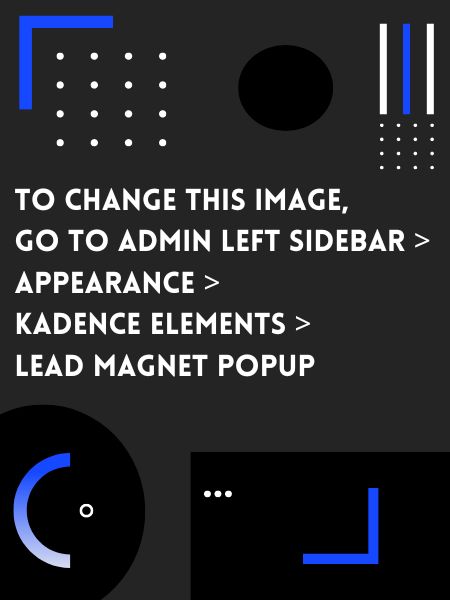The SAVE THE FROGS! KNUST Chapter conducted habitat restoration activities at the Kwame Nkrumah University of Technology campus’ Wewe River on Saturday, May 13, 2017, in commemoration of the 9th Annual Save The Frogs Day, the world’s largest day for amphibian conservation events. Fifty chapter members took part in the celebration, including the President of the Faculty of Renewable Natural Resources Students Association (Mr. Dwumah Kwaku Afrifa). Participants removed invasive weeds such as Devil Weed (Chromolaena odorata), which is a major threat to amphibian survival. They also planted 150 seedlings of two carefully selected tree species: the fungi and insect resistant Kusia (Nauclea diderrichii) and Militia (Millettia thonningii), known for its soil conservation and erosion control properties. Additionally, Prince Adu-Tutu and Victor Adjei, President and Editor-in-Chief of the Chapter respectively, trained participants in amphibian monitoring and ecological data collection protocols. This newly acquired knowledge helps Chapter members to effectively monitor and evaluate the impact of the restoration activities on local amphibian populations.
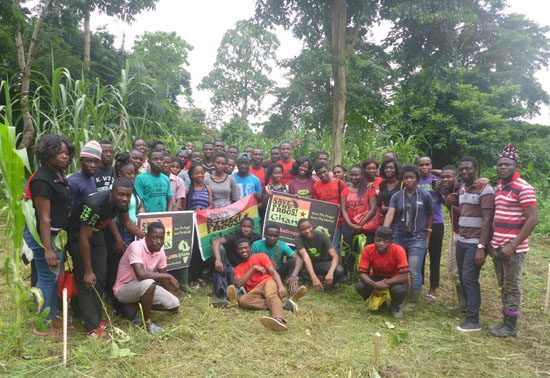
SAVE THE FROGS! KNUST leading conservation effort around campus’s Wewe River.
The occasion was also an opportunity to introduce the Ghana Online Amphibian Literacy (GOAL) project. This is a social media campaign and competition program that aims to promote amphibian knowledge and inspire interest in amphibian conservation, especially among youth. Past GOAL winner Miss Deborah Naa Norley gave motivational speeches on how social media could be used as a powerful tool by young Africans to effectively promote amphibian conservation.
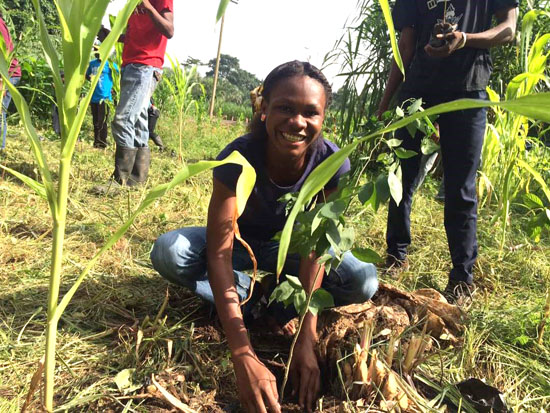
Participants removed invasive plants and replaced them with Kusia and Militia.
This habitat restoration project was part of the KNUST Wewe River Amphibian Project (K-WRAP). The Wewe River forms part of the wetlands and a remnant upland forest which collectively provide critical habitats for at least 12 amphibian species and many other endangered wildlife, including IUCN vulnerable West African Dwarf Crocodile (Osteolaemus tetraspis). Unfortunately, the combination of widespread activities such as waste disposal, illegal farming and deforestation are extremely detrimental to the river’s amphibian species health and populations. Therefore, K-WRAP initiated a rapid response action to promote ecological and social interventions to prevent amphibian extinctions.
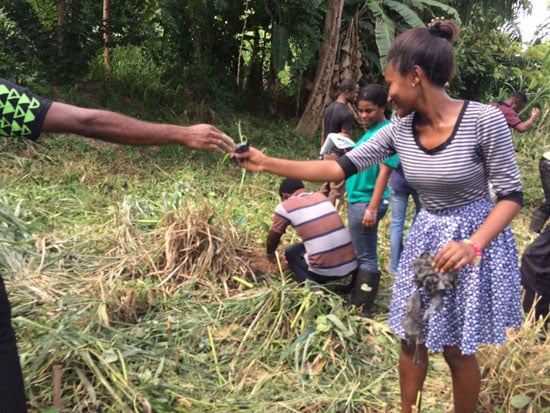
The restoration efforts were part of the KNUST Wewe River Amphibian Project (K-WRAP).
SAVE THE FROGS! KNUST Chapter wishes to express their profound gratitude to the Rufford Foundation and SAVE THE FROGS! Ghana for the financial and technical support.
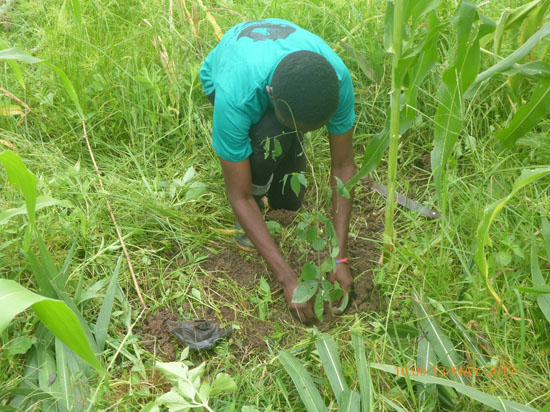
Participants helped restore the wetland by removing harmful plants like Devil Weed.


